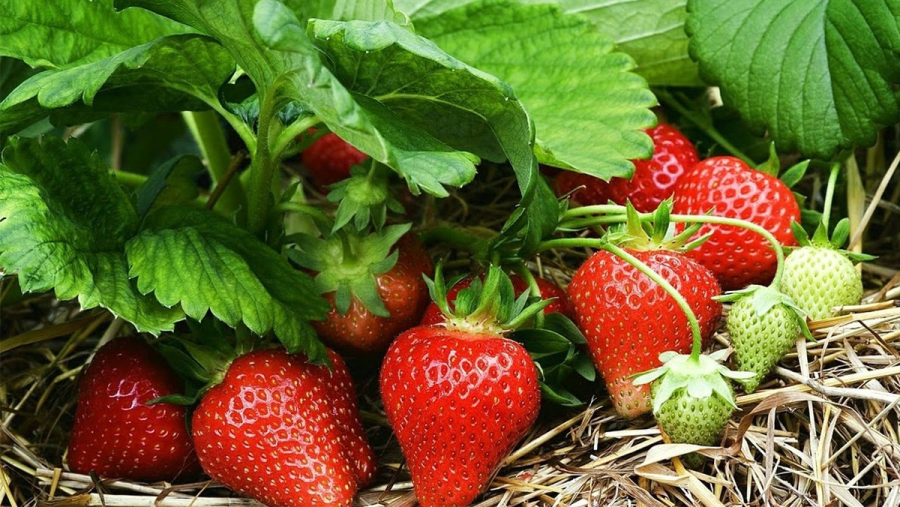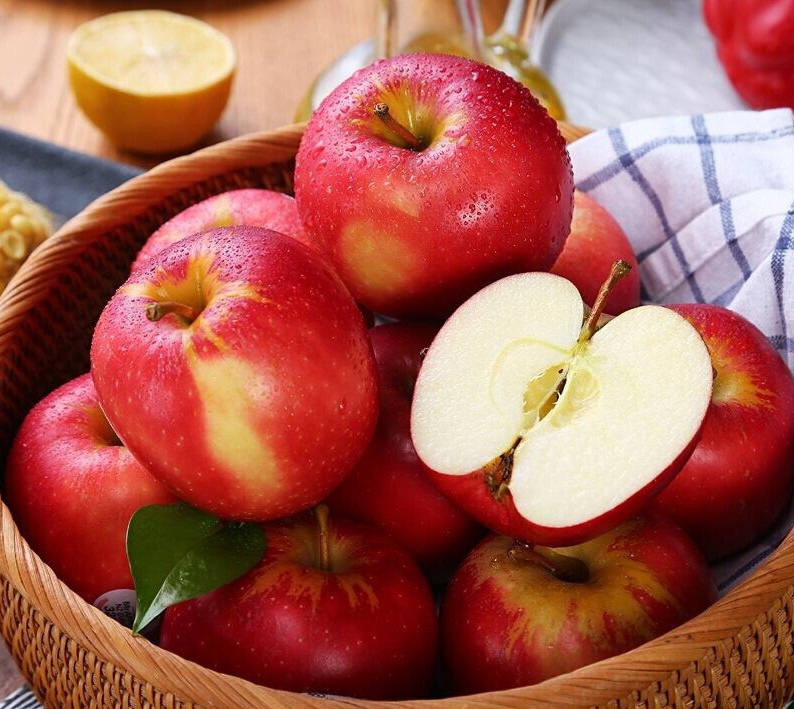Berries

Berries is a common term for a group of fruits including strawberries, blueberries, cherries, and blackberries. The darker the color of the berries, the more nutritious they are. Berries are high in antioxidants, especially vitamin C, which can help prevent the risk of cancer. Berries are also good for the brain.
Berry seeds are also a rich source of omega-3 fatty acids. If you want to boost your child’s brain power, buy more berries for them to snack on or help them make a smoothie with the berries they desire. The taste of these fruits is also very appealing to children. In addition, parents can also add some berries to yogurt, dipping sauces, and hot or cold cereal for their children. For a light dessert, add a few berries to the topping. Alternatively, you can also add berries to salads to enhance the flavor. For example, you can try sliced cherries with kale or strawberries with green beans.
Strawberries

Strawberries are one of the fruits that help children become smarter and healthier. This is a fruit that many young children love because of its vibrant color and sweet and sour taste. The abundant vitamin C in strawberries helps improve the child’s immune system against harmful bacteria. Strawberries also contain a high amount of calcium and phosphorus, which helps promote the development of the skeletal system, build muscles, and have a healthy nervous system. In addition, strawberries contain folic acid, which helps the child’s brain develop better and participate in the production of blood cells.
Blueberries
Blueberries are fruits that are very good for a child’s intelligence. Scientific studies have shown that blueberries can improve memory, enhance brain function, and reduce stress. Blueberries contain a high amount of vitamin K, vitamin C, and manganese, which stimulate the development of new cells, thereby slowing down the aging process of the brain. Blueberries also contain other nutrients such as vitamin A, vitamin B, iron, selenium, and zinc, which help strengthen the child’s immune system.
Apple

Apples are delicious, but that is not the main reason why children should eat more apples. Apples are really one of the best fruits for human health. The nutrients that apples provide can truly help children stay healthy and comfortably do the things they love, such as running, playing sports, etc.
This fruit has many benefits to help children develop well. Firstly, the pectin in apples is a type of fiber with some great properties. It can dissolve in water and also stimulate beneficial bacteria to live in the child’s digestive system, while resisting any harmful bacteria. Secondly, a mineral called boron will help the child’s bones and teeth strong. This mineral is essential for them when they are in the most important years of their development.
In addition, apples are also rich in vitamin C. Just one apple can provide 1/4 of the child’s daily vitamin C needs. Finally, apples help protect you and your child from diseases such as heart disease, cancer, visual impairment, diabetes, etc. Adding apples to your daily diet is quite easy – you can add a few apple slices as a light dessert after a meal. Alternatively, you can also give your child a cup of apple juice or combine it with other fruits such as carrots or oranges.
Pineapple
Pineapple is a rich source of vitamin C, which helps boost the immune system and iron absorption. In addition to vitamin C, pineapple also contains many beneficial vitamins and minerals such as vitamin B1, iron, calcium, and manganese. Pineapple has a sweet taste and is rich in fiber, making it especially good for the stomach and digestive system, effectively preventing diarrhea.
Ripe Papaya

Ripe papaya is a fruit that many nutrition experts recommend adding to a child’s weaning diet. In addition to being rich in vitamin A, vitamin C, ripe papaya also contains a large amount of vitamins and minerals such as magnesium, calcium, potassium, vitamin B1, B3, B5. This tropical fruit has an enzyme called papain, which helps improve the child’s digestive system and effectively prevent constipation. The vitamins and minerals help enhance the immune system and metabolism, while reducing the risk of cardiovascular disease, colon cancer, and aging.



































